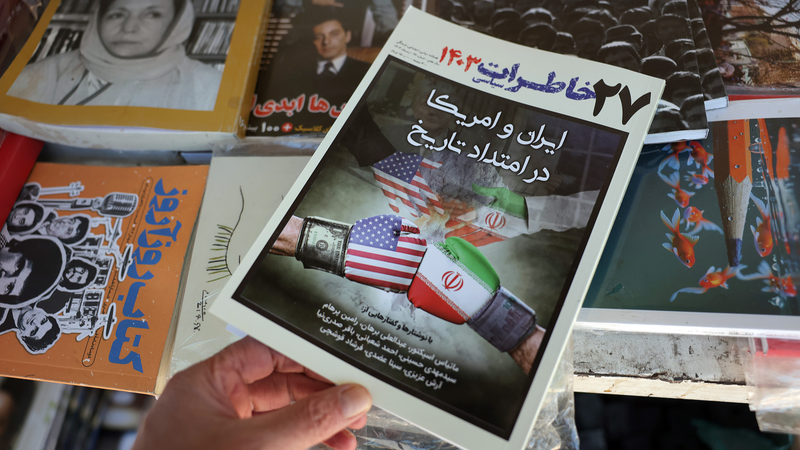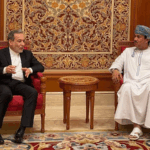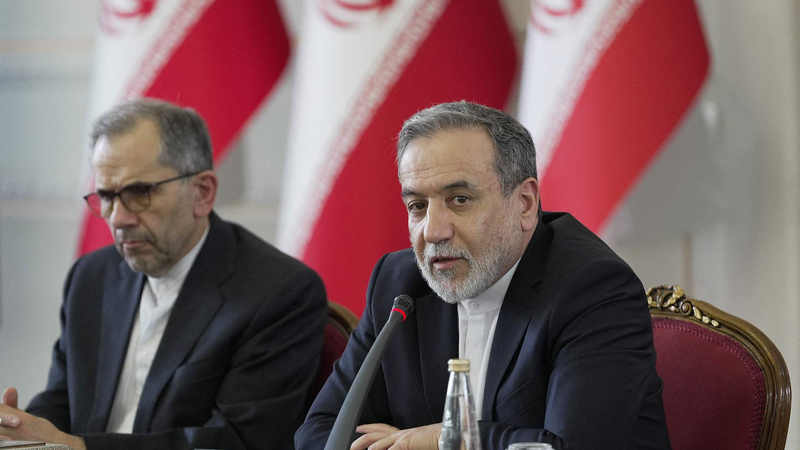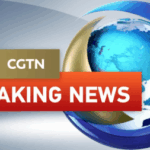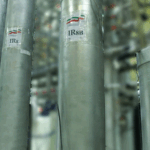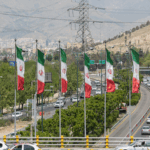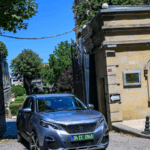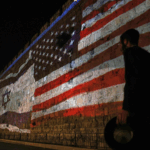High-stakes negotiations between the U.S. and Iran over Tehran\u2019s nuclear program have entered a critical juncture, with both nations cautiously exploring paths to avoid military conflict. Mediated by Oman, the talks mark the first sustained diplomatic engagement since the U.S. withdrew from the 2015 Joint Comprehensive Plan of Action (JCPOA) and reimposed sanctions. Iran\u2019s uranium stockpile now stands at 274.8 kilograms enriched to 60% purity\u2014close to weapons-grade levels\u2014though Tehran insists its nuclear ambitions remain peaceful.
U.S. President Donald Trump, now in his second term, has framed the negotiations as a \u201clast-ditch effort\u201d to prevent Iran from developing nuclear weapons, warning of military action if diplomacy fails. Iranian Foreign Minister Abbas Araghchi, however, reiterated Tehran\u2019s \u201cred lines,\u201d including retaining uranium enrichment capabilities. Recent indirect talks in Muscat and Rome laid groundwork for technical experts to draft agreement specifics, but divisions within the Trump administration over whether to cap or dismantle Iran\u2019s nuclear program have slowed progress.
Iran seeks guarantees against future U.S. withdrawal and sanctions relief that directly benefits its economy. \u201cAll sanctions should be lifted in a way that benefits the Iranian people,\u201d said Deputy Foreign Minister Kazem Gharibabadi. Meanwhile, Supreme Leader Ali Khamenei\u2019s recent tentative support for negotiations contrasts with his earlier dismissal of talks as \u201cneither logical nor honorable.\u201d
Regional tensions further complicate efforts: Israel opposes any deal short of full dismantlement and has threatened unilateral strikes. Analysts like Princeton scholar Seyed Hossein Mousavian note mutual incentives to avoid war, suggesting five points of potential compromise, including monitored enrichment and economic incentives. Yet with distrust running deep, the road to a sustainable agreement remains fraught with uncertainty.
Reference(s):
Diplomacy on the brink: Can U.S. and Iran forge a new nuclear deal?
cgtn.com
